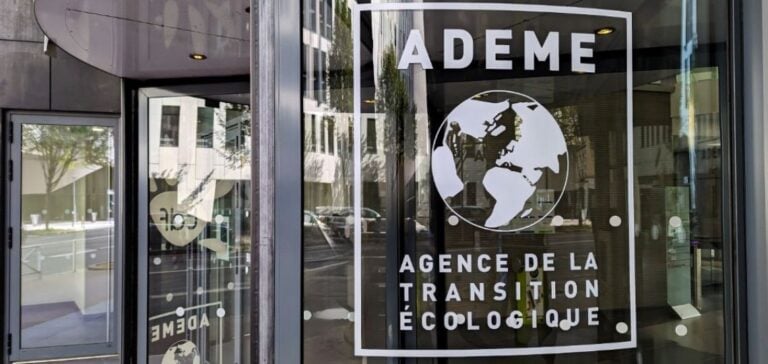The French Agency for Ecological Transition (Ademe) finds itself under scrutiny following criticism from several political figures from Les Républicains (LR). At the heart of the debate: its budget, management, and efficiency in implementing ecological transition projects.
Valérie Pécresse, president of the Île-de-France region, recently stated her intention to eliminate Ademe and transfer its resources directly to the regions. According to her, such a measure would reduce fixed costs and streamline public spending.
Gérard Larcher, president of the Senate, echoed this concern, questioning the agency’s efficiency in managing the 3.5 billion euros it administered in 2024 on behalf of the state. “The issue of public spending efficiency is a legitimate one,” he said.
Ademe’s resources in numbers
In a press release, Ademe emphasized that 92% of these funds were directly invested in concrete projects, particularly through programs like France 2030, the Green Fund, and the Heat Fund. These initiatives aim to accelerate the energy transition while supporting local authorities and businesses in their efforts.
With over 1,000 employees spread across the country, the agency also boasts technical expertise extensively utilized by local governments. Nearly 700 staff members are specifically dedicated to supporting municipalities and other local entities.
Political and strategic defense
In response to the attacks, Agnès Pannier-Runacher, Minister of Ecological Transition, defended the agency. On the social network X, she called the criticisms “populist” and “demagogic.” The minister also highlighted that Ademe’s non-staff operating expenses account for only 25 million euros, a marginal portion of its total budget.
An agency rooted in history
Established after the 1973 oil crisis as the Agency for Energy Conservation, Ademe evolved to become a central actor in French environmental policies. Its current structure emerged from the merger of several agencies in the 1990s.
While its role in the ecological transition is widely recognized, the debates surrounding Ademe’s future highlight tensions between the state and regions over public fund management and responsibilities in environmental matters.






















